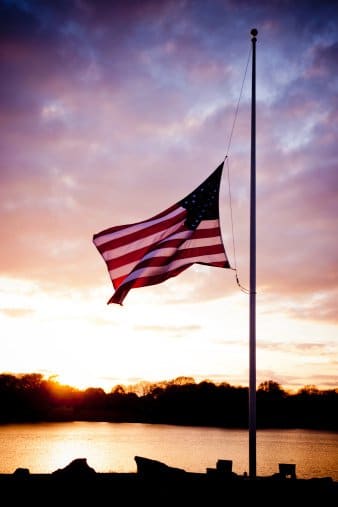By Savannah Owens

Most people know July 4th marks the United States’ independence, but did you know that on July 1st-3rd in 1863, also marked a turning point for a different war? That’s right, the Battle of Gettysburg in the Civil War. Here’s a closer look at the significance of July 1st, 2nd, and 3rd.
July 1st-After a victory at Chancellorsville, Confederate General Robert E. Lee brought his troops further North in an attempt to invade the Union. Additionally, “a Confederate division under General Henry Heth marched into Gettysburg hoping to seize supplies, but finding instead three brigades of Union cavalry.” What followed was the beginning of the Battle of Gettysburg.
July 2nd- Some of the most serious fighting in the battle occurred. “After three hours, the battle ended, and the total number of dead at Gettysburg stood at 35,000.” But that number would continue to grow in the next day.
July 3rd-Confederate General George Pickett lead his famous “Pickett’s Charge”-an attack in an attempt to get to the center of Cemetery Ridge, where Union General George Meade and his troops was stationed. Union soldiers did not back down, and instead caused Confederate lines to break. “In less than an hour, more than 7,000 Confederate troops had been killed or wounded.”
“Both armies, exhausted, held their positions until the night of July 4, when Lee withdrew.”
Many people consider the Battle of Gettysburg the turning point in the Civil War. To put the number of casualties in in perspective, according to government archives, 58,220 US soldiers lost their lives from 1955 to 1975 in the Vietnam war. In the three days of battle at Gettysburg, Union and Confederate casualties would be over 51,000 killed, wounded or captured in what became the largest battle ever fought in North America. It is difficult to know the true numbers killed at Gettysburg as over 10,000 soldiers were listed as missing and medical care given the wounded was primitive at best. It is said that amputated limbs were stacked in heaps and buried together. Many animals were lost as well – with estimates of over 5,000 horses and mules killed.
“On November 19, 1863, President Lincoln delivered his famous Gettysburg Address during the dedication of a new national cemetery at the site of the Battle of Gettysburg. The Civil War effectively ended with the surrender of General Lee’s Army of Northern Virginia in April 1865.”
For more history and information on the Battle of Gettysburg click here or here and for information on the Vietnam war casualties click here.





